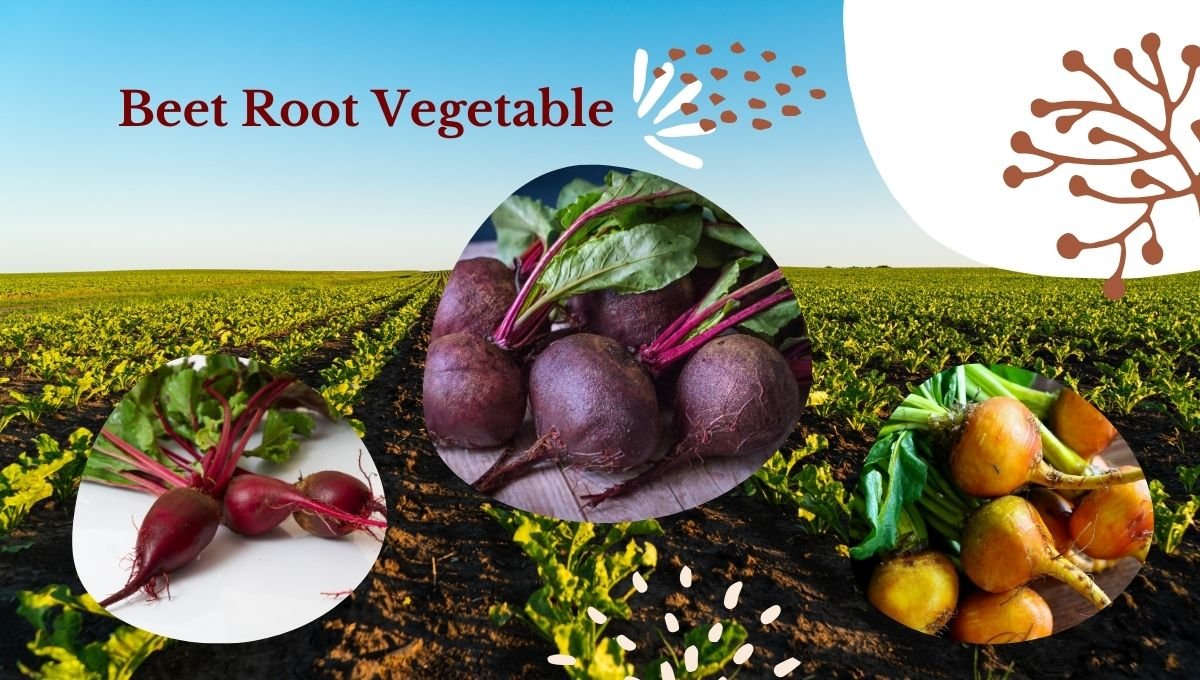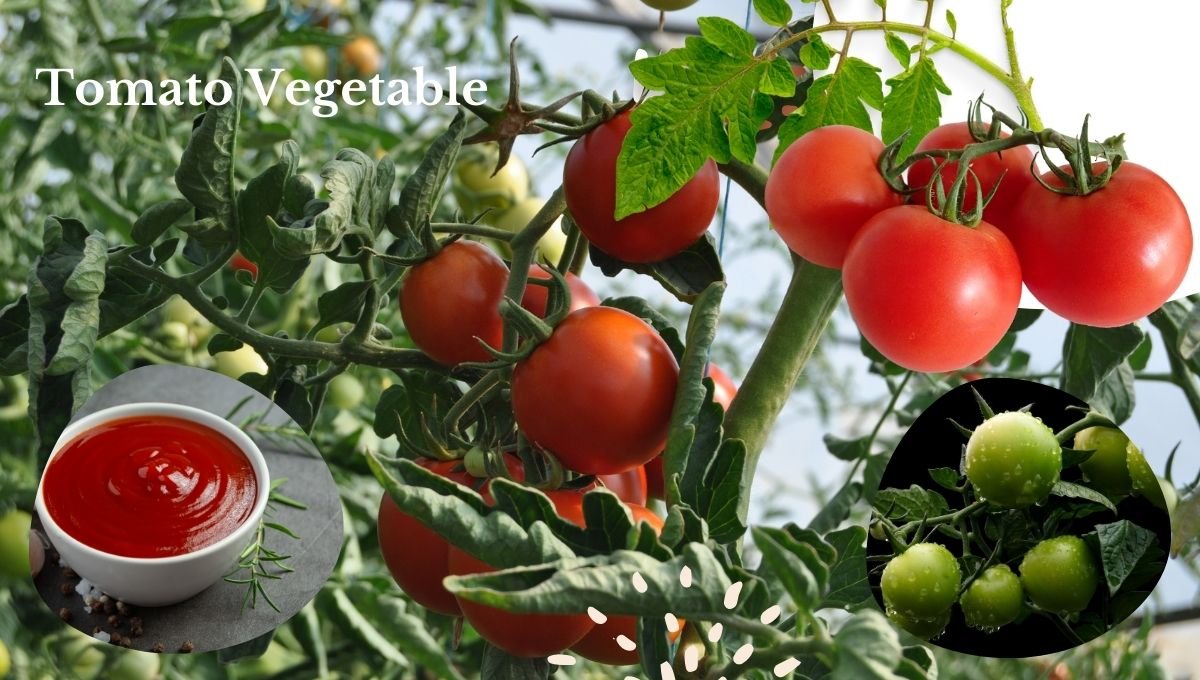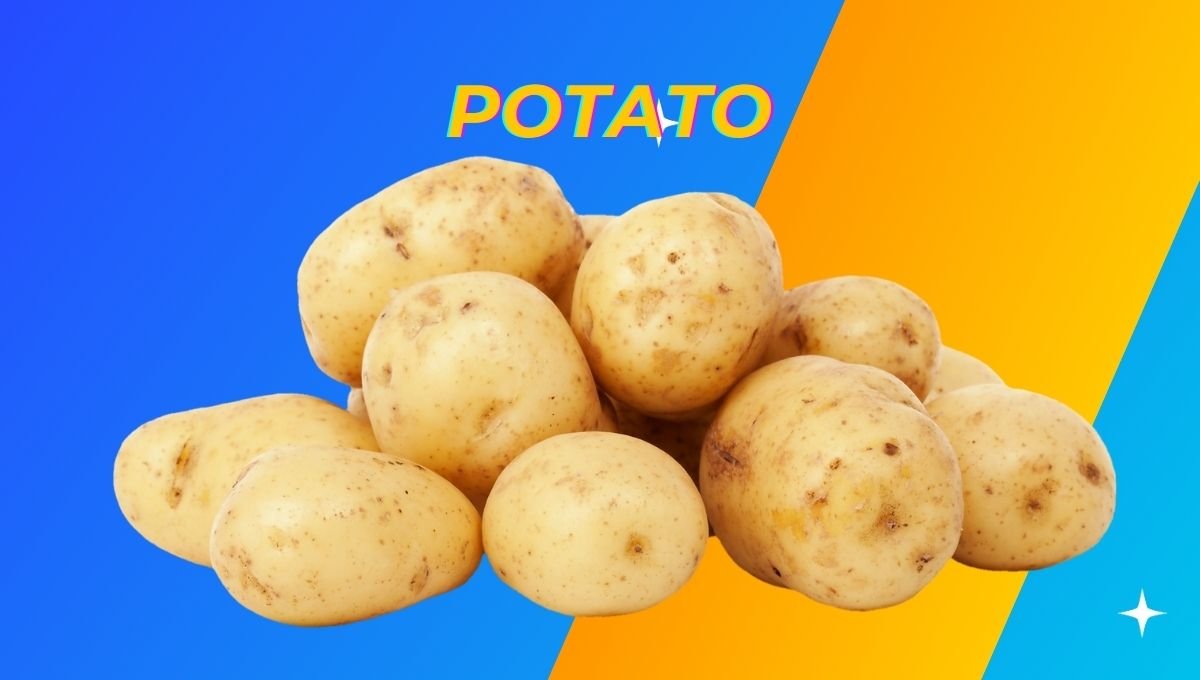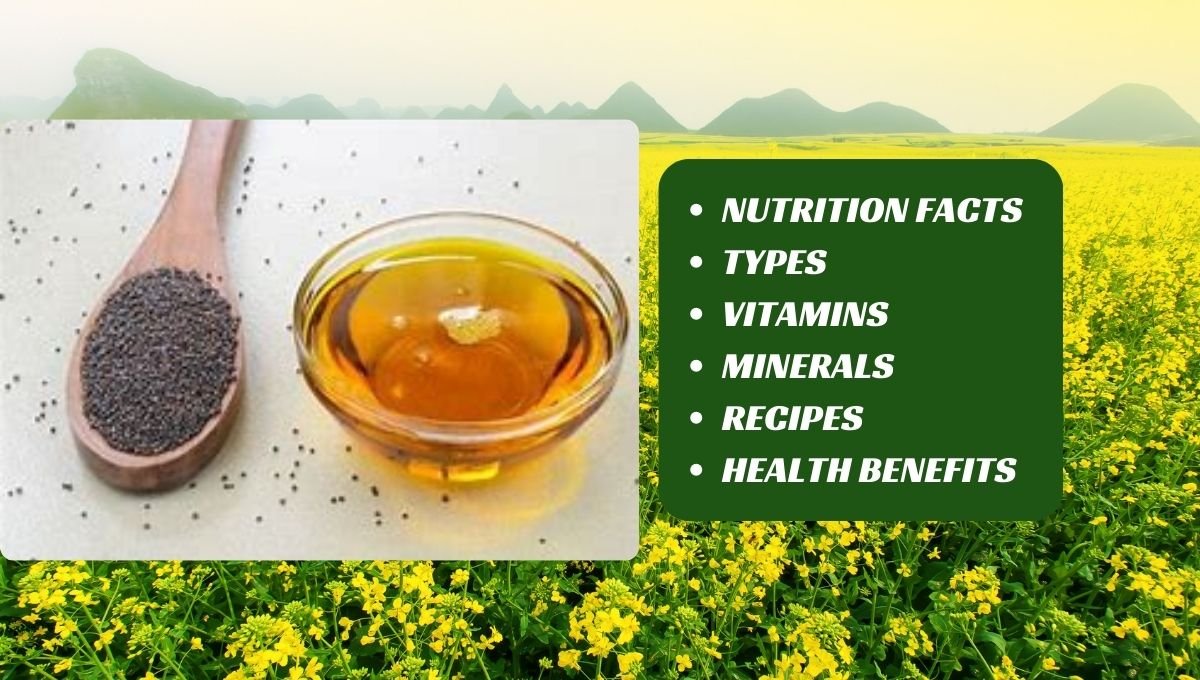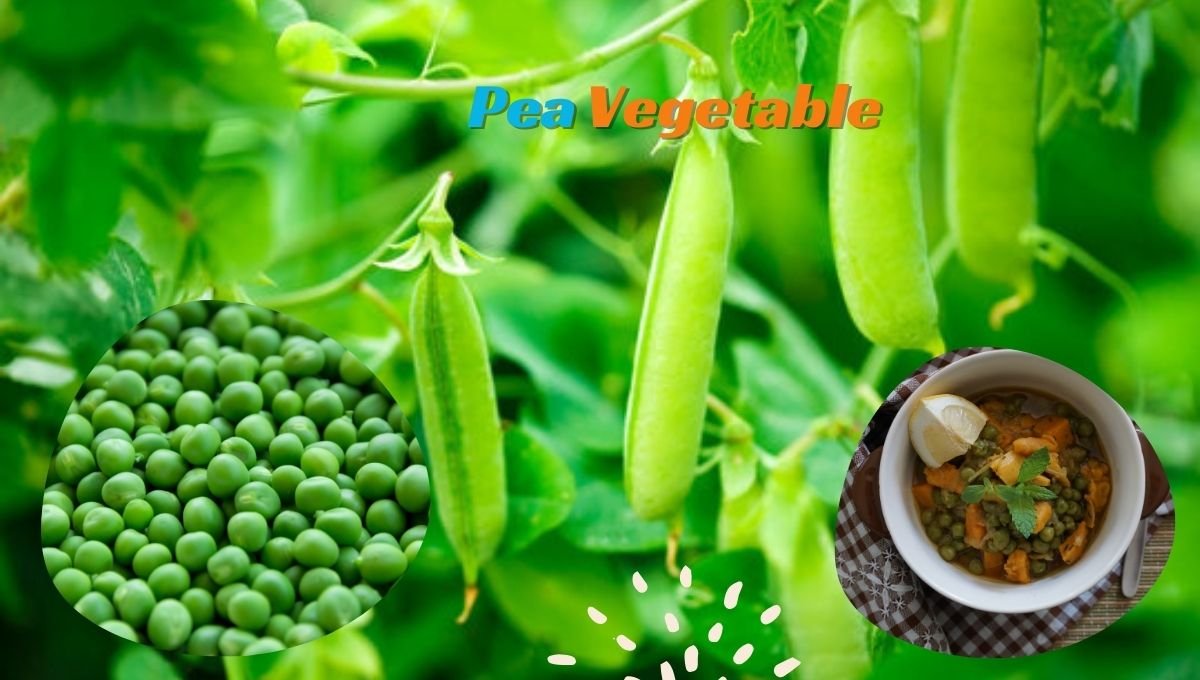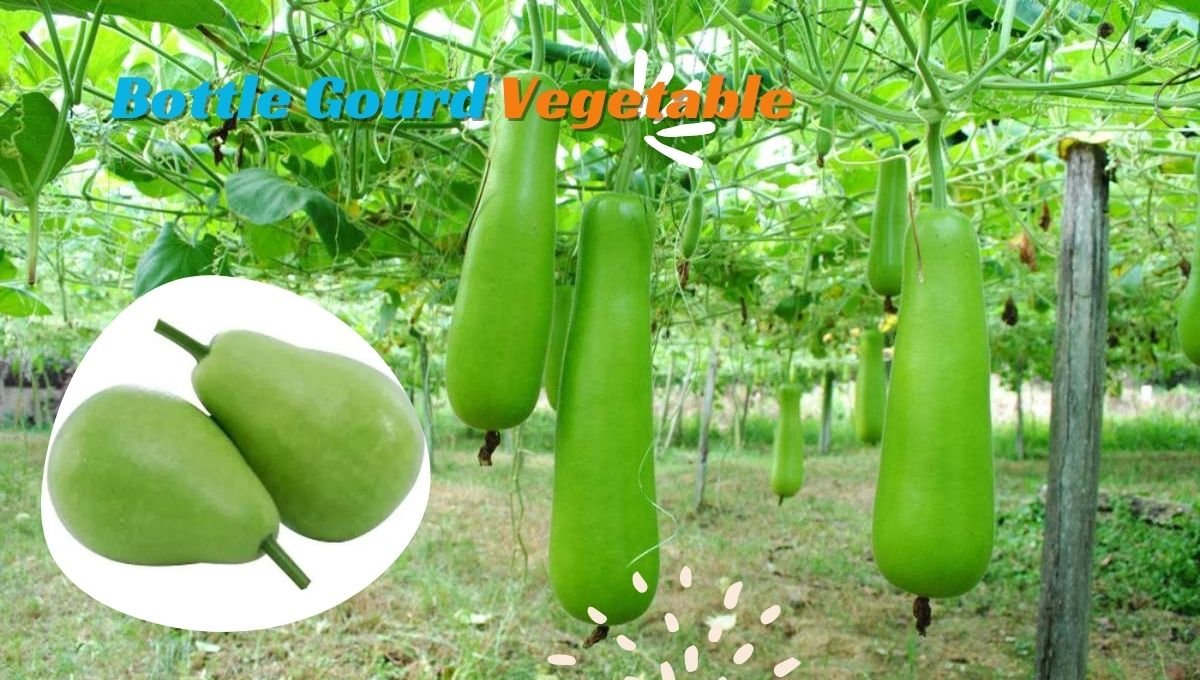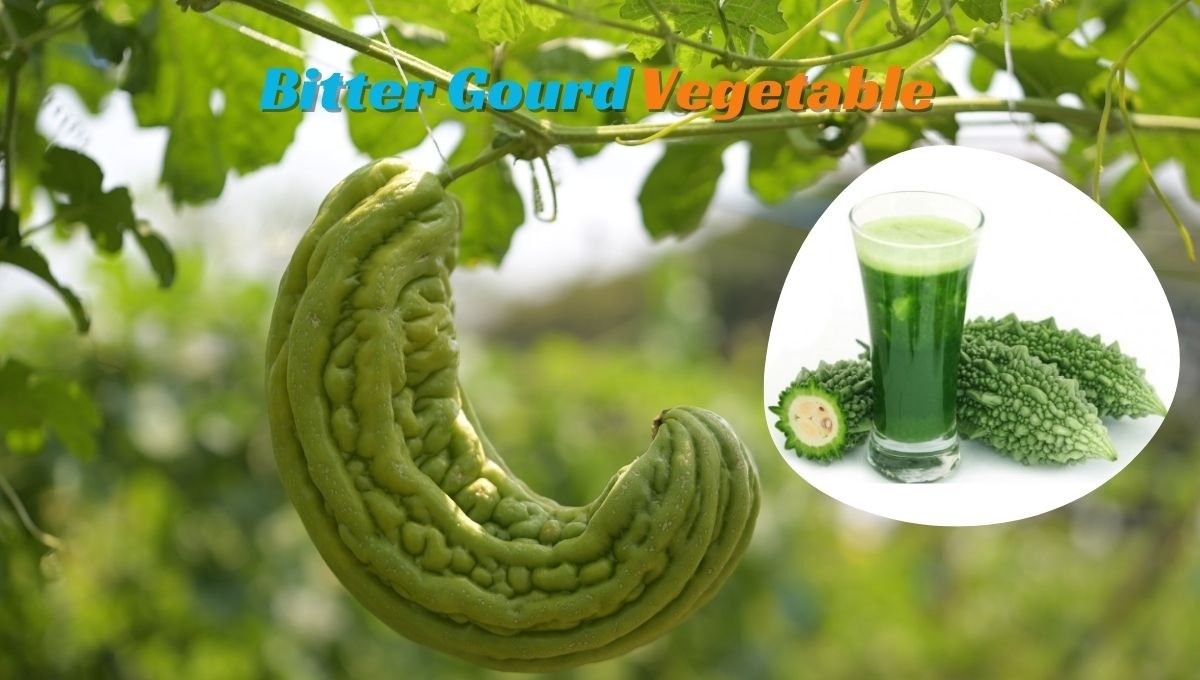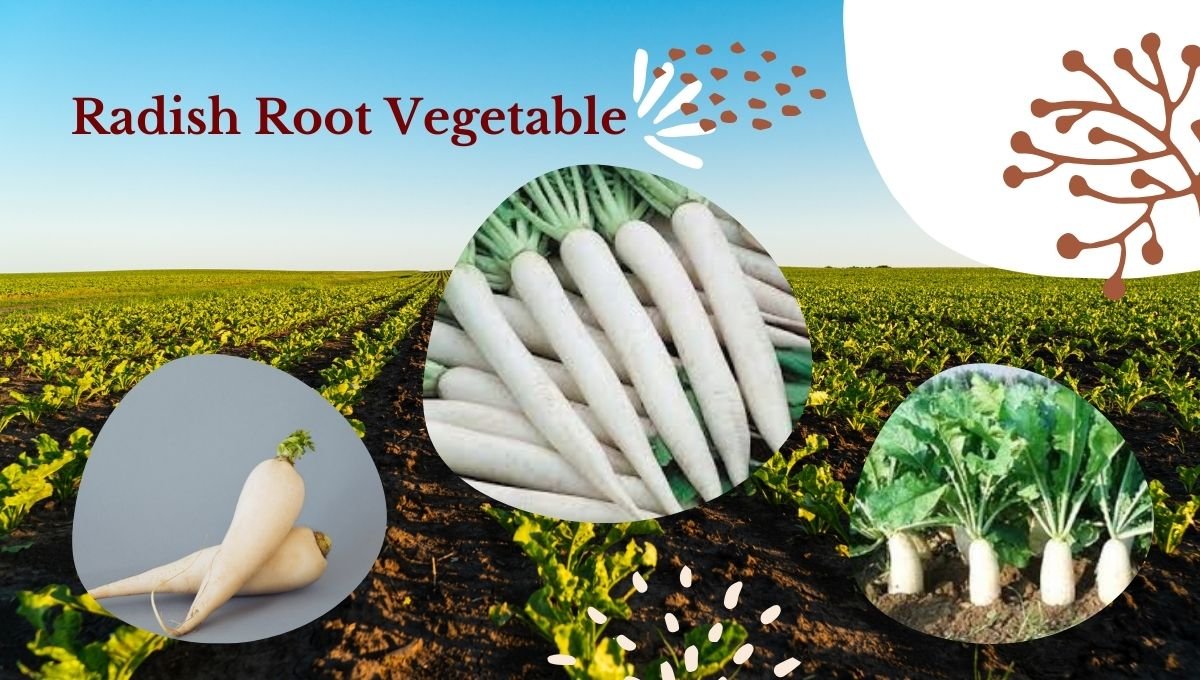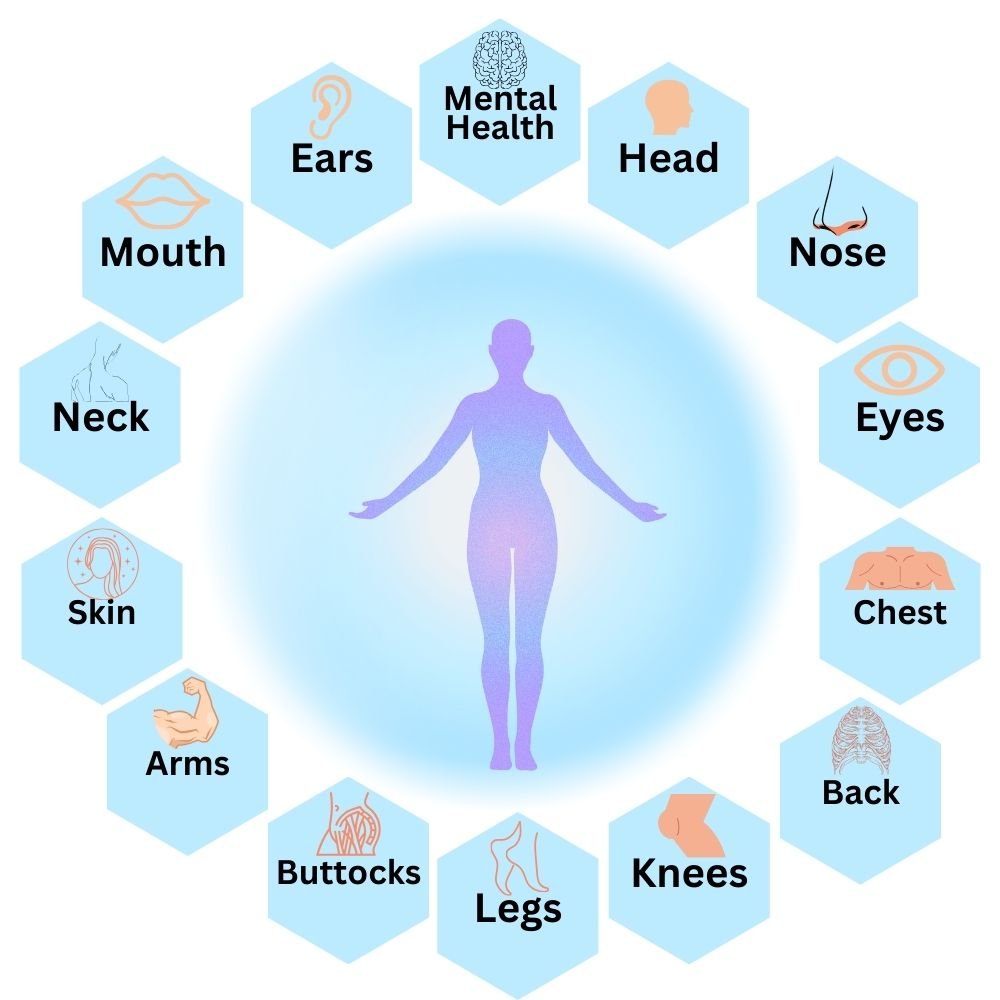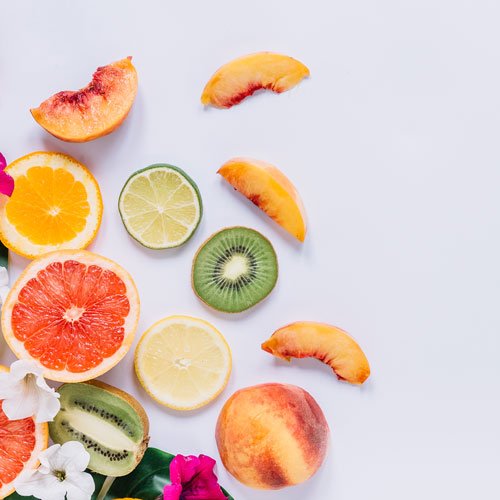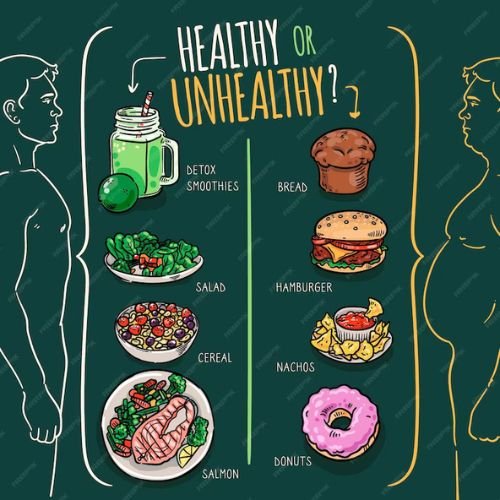When it comes to root vegetables, the humble beet often doesn’t get the attention it truly deserves. This vibrant and nutritious vegetable, with its earthy sweetness and impressive health benefits, is a must-have in any kitchen. Let’s dive into the world of beets and discover why they deserve a prime spot on your plate.
The Beauty of Beets
Beets, scientifically known as Beta vulgaris, are root vegetables that come in various hues, including deep red, golden, and even candy-striped varieties like Chioggia. They have a natural sweetness and a tender texture that can be enjoyed in both raw and cooked forms. The entire beet plant is edible, including the nutritious greens attached to the root.
Nutritional Powerhouse
One of the standout features of beets is their impressive nutritional profile. They are low in calories but high in essential vitamins, minerals, and antioxidants. Here’s what you’ll find in every serving of this powerhouse vegetable:
- Folate: Important for cell division and growth.
- Potassium: Supports heart health and helps regulate blood pressure.
- Vitamin C: Boosts immune function and enhances iron absorption.
- Fiber: Aids in digestion and promotes a feeling of fullness.
- Iron: Essential for oxygen transport in the blood.
- Manganese: Contributes to bone health and metabolism.
Culinary Delights with Beets
Beets can be prepared in numerous ways to suit any palate. They can be roasted to bring out their natural sweetness, pickled for tangy flavor, or shredded raw for a crunchy addition to salads. One of the classic dishes featuring beets is borscht, a hearty Eastern European soup known for its rich color and robust flavor.
Health Benefits Galore
Incorporating beets into your diet can offer a myriad of health benefits:
- Heart Health: Beets are rich in nitrates, which may help lower blood pressure and improve circulation.
- Antioxidant Power: The deep red color of beets comes from betalains, potent antioxidants that combat oxidative stress in the body.
- Digestive Health: The fiber content in beets supports a healthy digestive system and promotes regular bowel movements.
- Athletic Performance: Some studies suggest that consuming beet juice can enhance athletic performance due to its nitrate content.
Tips for Enjoying Beets
If you’re new to beets or looking for more creative ways to incorporate them into your meals, here are a few ideas:
- Beet Salad: Combine roasted beets with goat cheese, walnuts, and arugula for a delightful salad.
- Beet Chips: Slice beets thinly, toss with olive oil and spices, then bake until crispy.
- Smoothies: Add cooked and peeled beets to your favorite smoothie for a nutritious boost.
